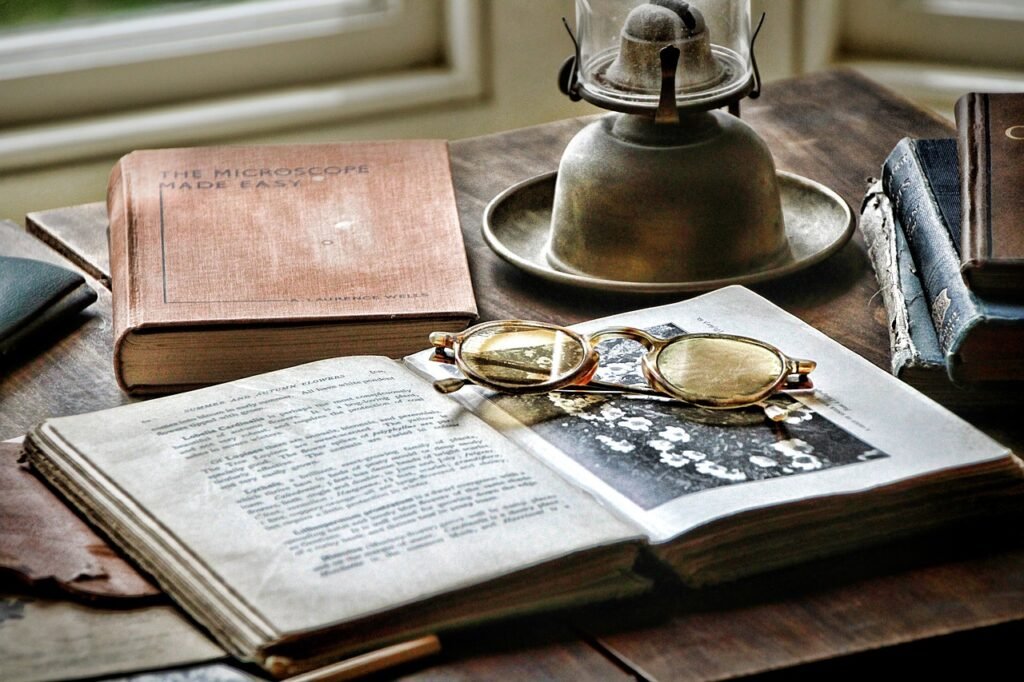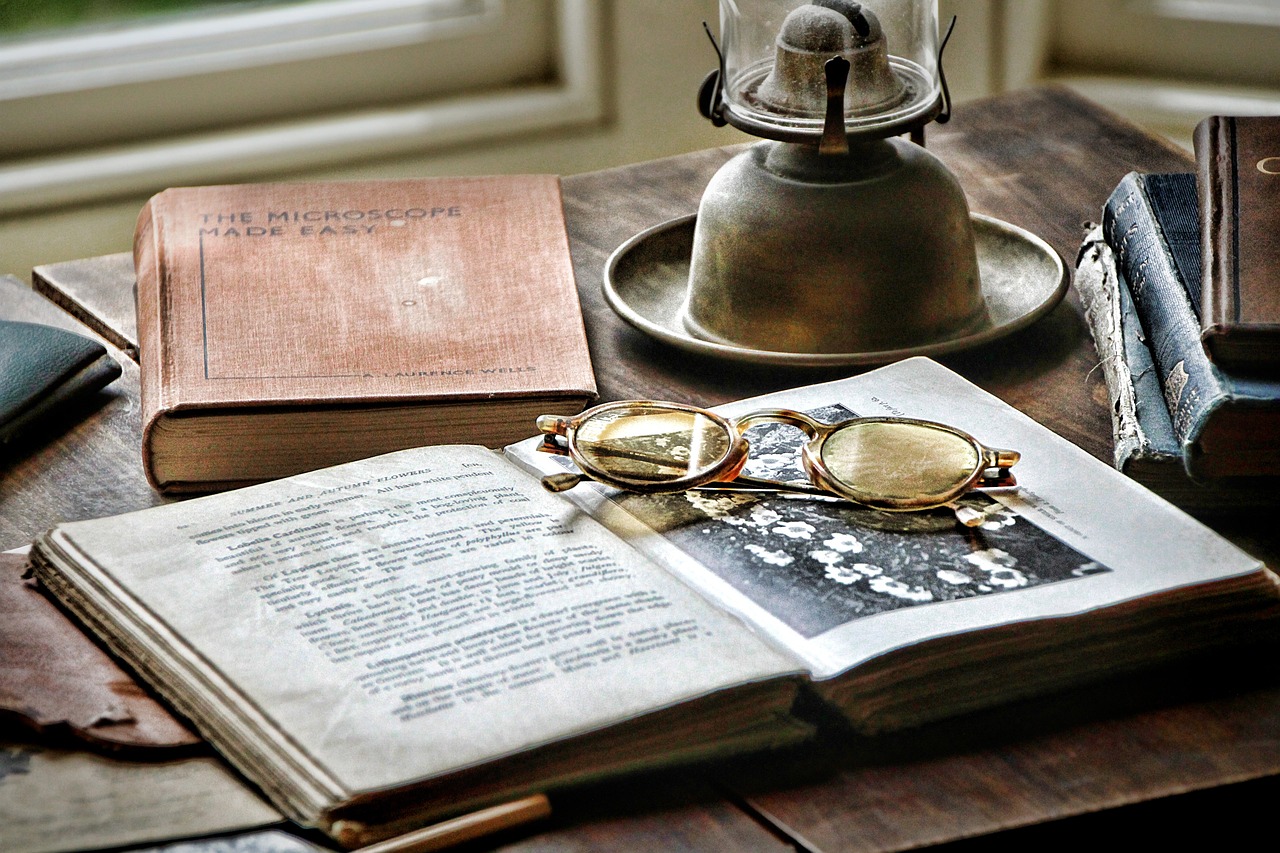The European continent has been home to a rich and diverse literary tradition that spans centuries. From the ancient epics of Homer to the modern works of Nobel Prize-winning authors, Europe has produced some of the world’s most influential writers and their enduring masterpieces. Professionals in any field must understand and appreciate literature as it reflects a society’s cultural, social, and political fabric. Bruno L Machiavelo explores the literary legacy of Europe and looks at the works that have shaped our collective consciousness. From classic Greek tragedies to groundbreaking Russian novels, let us discover how these timeless pieces inspire generations across borders and ignite conversations about humanity’s greatest joys and struggles.

Greek And Roman Epics:
The Greek and Roman civilizations laid the foundation for Western literature, with their epic poems serving as a blueprint for storytelling. The legendary tales of gods and heroes in works like Homer’s “Iliad” and “Odyssey” influenced countless literary works. These epics also highlighted important themes such as heroism, love, loyalty, and fate that continue to resonate in modern society.
Medieval Literature:
During the Middle Ages, Europe saw a rise in religious texts, such as Dante Alighieri’s “Divine Comedy,” which explored morality and salvation through symbolic characters. This period also gave us some of the most enduring works of English literature, including Chaucer’s “Canterbury Tales” and Beowulf. This epic poem tells the story of a hero’s quest to defeat a monster.
Renaissance Literature:
The Renaissance was a time of rebirth and cultural revival in Europe, and it marked a significant shift in literature. Writers like William Shakespeare flourished during this period, producing timeless works such as “Romeo and Juliet,” “Hamlet,” and “Macbeth.” These plays explored complex themes of love, tragedy, power, and the human condition.
Enlightenment Literature:
As society entered the Age of Enlightenment, new ideas about reason and individualism emerged. This period saw the rise of literary movements such as Romanticism and Realism, which focused on emotion and realism. Some notable works from this era include Mary Shelley’s Frankenstein,” Jane Austen’s “Pride and Prejudice,” and Charles Dickens’s “Great Expectations.”
These works reflected society’s changing attitudes and values, highlighting that the 20th century changed the literary landscape. The horrors of World War I and II influenced writers to explore themes of disillusionment, alienation, and existentialism. Authors like Ernest Hemingway, F. Scott Fitzgerald, and Virginia Woolf captured the essence of this era with their works such as “The Great Gatsby,” “A Farewell to Arms,” and “Mrs. Dalloway.” As technology advanced, modern literature also began incorporating science fiction, dystopia, and magical realism elements.
Contemporary Literature:
Literature continued to evolve alongside society in the second half of the 20th century. The Civil Rights Movement and Women’s Liberation Movement sparked a wave of diverse voices in literature, with authors like Toni Morrison, Zora Neale Hurston, and Maya Angelo for writers to share their work and connect with audiences from around exploring themes of race, identity, and gender in their works. This period also saw an increase in postmodernism and metafiction as writers challenged traditional narratives and experimented with form.
Today, contemporary literature represents a wide range of genres and perspectives. From bestselling thrillers to thought-provoking literary fiction, there is something for every reader. With the rise of technology and social media, online platforms have become popular for writers to share their work and connect with readers. The self-publishing industry has also revolutionized the literary world, giving authors more control over their work and reaching a wider audience.
Final Thoughts
Throughout history, literature has been a reflection of society and its evolution. From ancient myths to contemporary novels, writers have used their craft to tell stories, share knowledge, and challenge our beliefs. As we move forward into the future, literature will certainly continue to play an important role in shaping our world and understanding ourselves. So next time you pick up a book or scroll through an online platform, remember literature’s rich history and ever-evolving nature.
